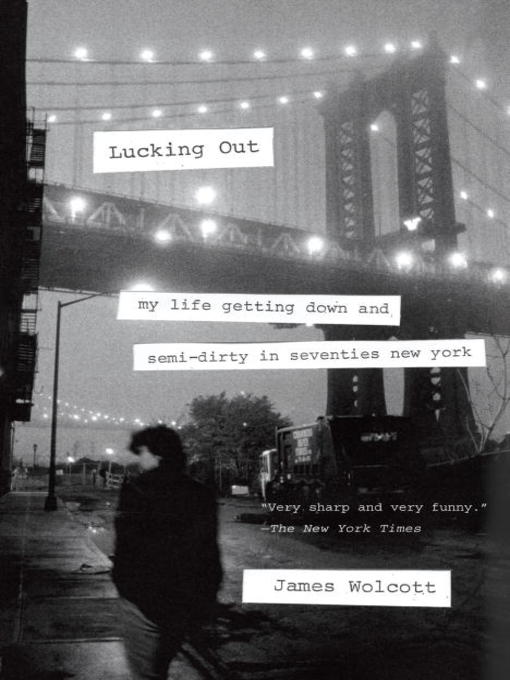- Available now
- Newly Added - Ebooks for Adults
- Escape into History with Historical Fiction
- Poetry and Novels in Verse
- Have a Laugh
- Lifestyles of the Rich and the Famous
- Stand-Alone Mystery and Thriller Novels
- Debut Novels
- Romance at the ready
- Black Voices
- Escapist Reads
- From Book to Screen
- LGBTQIA+ Picks
- See all ebooks collections
- Available now
- Newly Added - Audiobooks for Adults
- Audiobooks for the Whole Family
- Mysteries You May Have Missed
- New teen additions
- New kids additions
- See all audiobooks collections



